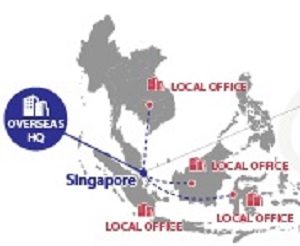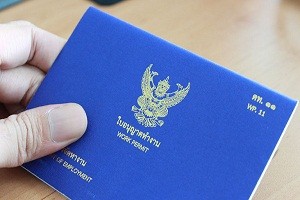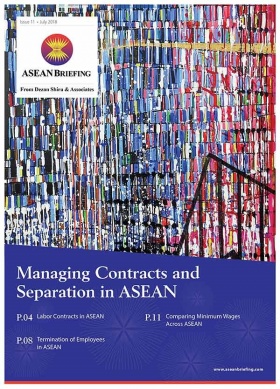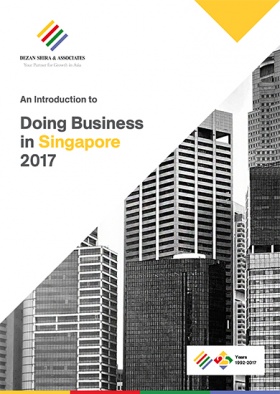The Guide to Employment Permits for Foreign Workers in Brunei
For expatriate workers and their employers in Brunei, understanding the process to obtain an employment permit is essential. Read more in our latest article.
Thailand Introduces New Four-Year Smart Visas for Investors
With effect from February 1, 2018, foreign investors and experts in ten specific high-tech business sectors can apply for a new 4-year ‘Smart Visa’ to live and work in Thailand. Read more about the eligibility criteria and the benefits of the new visa in our latest article.
Philippine Labor Contracts: What You Need to Know
The Philippine labor law recognizes five different categories of employment arrangements based on the nature of the employment. An employment contract is concluded for each of the five types. Read more in our latest article.
Malaysia Foreign Knowledge Worker Projections for 2018
The Malaysia Digital Economy Corporation (MDEC) on December 8, 2017 began accepting requests for foreign knowledge worker (FKW) projections. Companies planning to apply for employment passes in 2018 must ensure that they immediately apply for approval of their 2018 FKW projection to avoid any visa disruptions.
Payroll Outsourcing in Singapore: Allowing Companies to Focus on Regional Expansion in ASEAN
Payroll outsourcing effectively reduces a firm’s overall liabilities and costs, and ensures that more time and resources get spent on critical business functions. In this article, we discuss the various benefits of outsourcing ASEAN payroll to a reliable third-party payroll processing provider in Singapore.
Singapore as a Payroll Processing Center for Companies in ASEAN
Companies centralizing their payroll in Singapore benefit from the country’s double advantage of housing many regional headquarters as well as the country’s strong connectivity to other ASEAN states. Read more.
Thailand Launches New Online Service for Work Permits and Visas
Thailand’s Board of Investment (BOI) has launched a new online visa service for BOI-registered companies in order to ease the visa application process. Under the new system, authorities will issue an electronic work permit to the applicants instead of the work permit booklet currently in use.
The Guide to Employment Permits for Foreign Workers in Laos
For expatriate workers and their employers in Laos, understanding the process to obtain a business visa and employment permit is essential. Read more about the various business visas and employment permits issued to expatriates planning to work in Laos.
The Philippines Launches Visas on Arrival Program for Chinese Nationals
The Philippines Bureau of Immigration (BI) has launched a Visa Upon Arrival (VUA) program for Chinese nationals.The move comes as part of the government’s bid to boost tourism and investment in the Philippines.
Malaysian Labor Contracts: What You Need to Know
While Malaysia offers foreign investors a skilled workforce, the country’s laws mandate a formal, written labor contract signed by the parties. This article discusses how these contracts can serve as an opportunity for foreign investors to establish a firm foundation for human resources management in Malaysia.
















